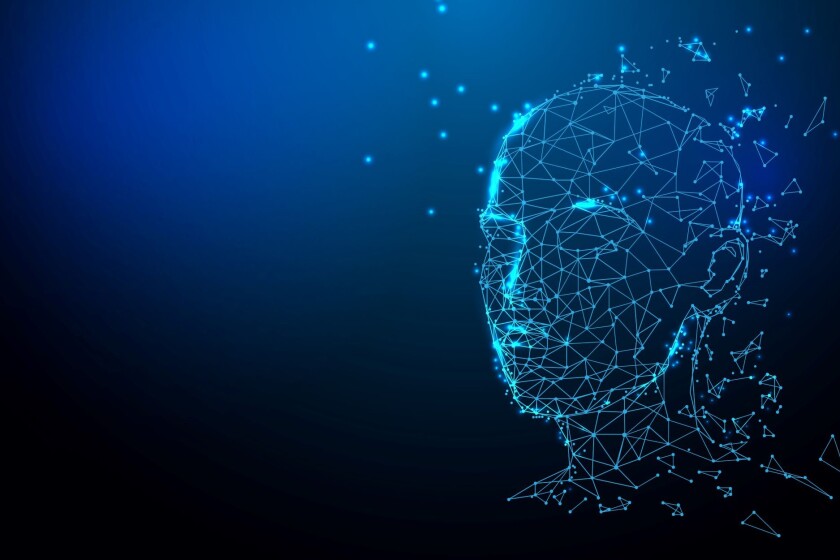The US Copyright Office has refused an appeal that sought copyright protection for an artificial intelligence-assisted artwork, Managing IP can reveal.
The applicant, Ankit Sahni, had listed the AI tool 'RAGHAV Artificial Intelligence Painting App' as a co-author of an artwork called 'Suryast'.
RAGHAV used Vincent van Gogh’s painting ‘The Starry Night’ and a photograph taken by Sahni as base datasets to create the painting.
According to the office, which delivered the decision on April 10, Sahni's acts of feeding a photograph he took into the AI tool and selecting an available style and setting didn’t meet the threshold of human creativity needed to support a copyright claim in a derivative work.
However, the office said the artwork covered still counted as a derivative work because it comprised an original photograph altered by assistive software.
The decision was possibly one of the first rulings by the US Copyright Office regarding an AI-assisted work since it published AI guidance in March.
In that guidance, the office said copyright could only protect material that was the product of human creativity.
However, the authority left open the possibility of registering AI-generated works by noting that it would decide applications on a case-by-case basis.
The office initially refused Sahni’s application for the artwork in June 2022, after which he filed an appeal.
Sahni cited the US District Court for the Southern District of New York’s ruling in SHL Imaging v Artisan House to contend that using the RAGHAV app was “no different” than an author who modified a pre-existing image using a camera, photo-editing software, or traditional filters.
But the office rejected the argument, saying the photos in that case were not derivative works and that there was nothing in the decision to suggest that the photographer took images and modified them using photo-editing software.
Sahni told Managing IP he was surprised that the office suddenly classified 'Suryast' as a derivative work after months of back and forth.
“It wasn’t contended anywhere in the previous refusal,” he said.
He added that an author creates multiple intermediate works before reaching a final output.
“To say that each intermediate work was a derivative of the previous version is a fallacious argument.”
According to Sahni, copyright protection should be available for a work that has transformed into something so different from its original form that it stands on its own.
Sahni added that substantial creative effort is involved in picking a filter, deciding the extent of ‘style transfer’, and selecting other variable attributes that go into an AI tool.
“It's much more effort than simply using a mobile phone to click an image,” he said.
Alex Garens, partner at Day Pitney in Boston who represented Sahni before the US Copyright Office, said the logic of the decision, if adopted broadly, would have wide-reaching and likely unintended consequences.
“It implies that the application of an AI-powered tool or filter would likely render the output unprotectable.
“These tools are broadly used by content creators in video, film, and music production,” he noted.
“If using such tools would deprive the creators of copyright protection, they will either not use the tools, hampering the creative process of the industry, or will continue to use them but without disclosing their use to the US Copyright Office, undermining the integrity of the entire registration system,” Garens added.
Sahni said he plans to appeal the decision before the Copyright Office Review Board.
The ‘Suryast’ image has copyright protection in India and Canada.











